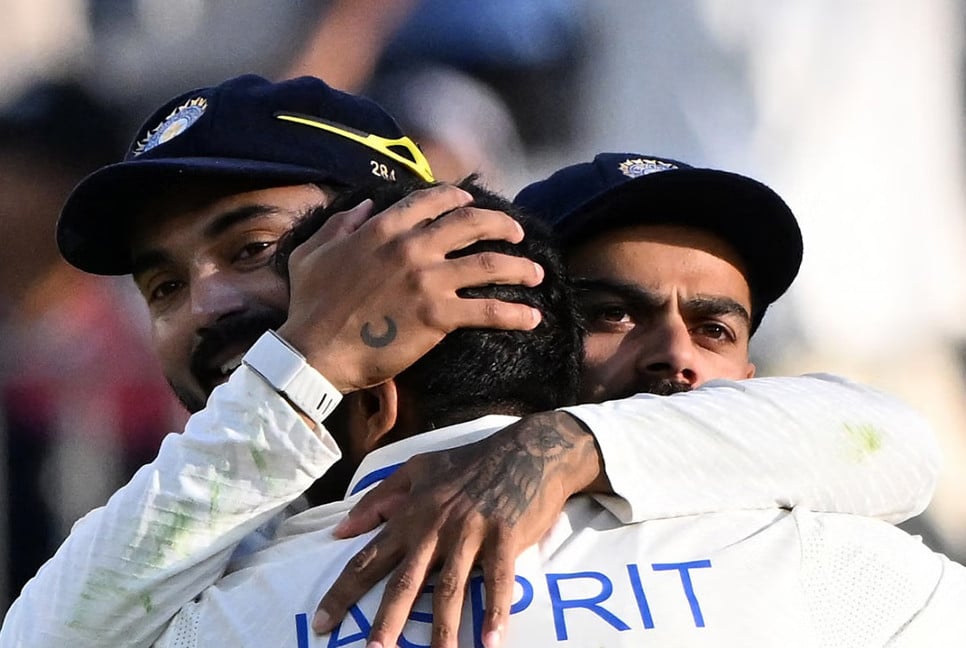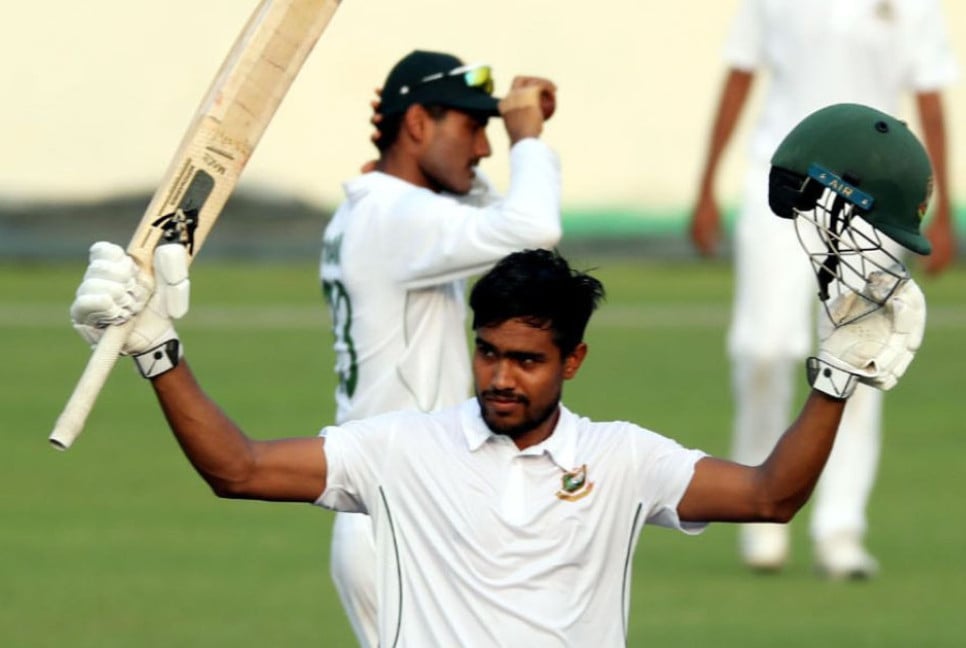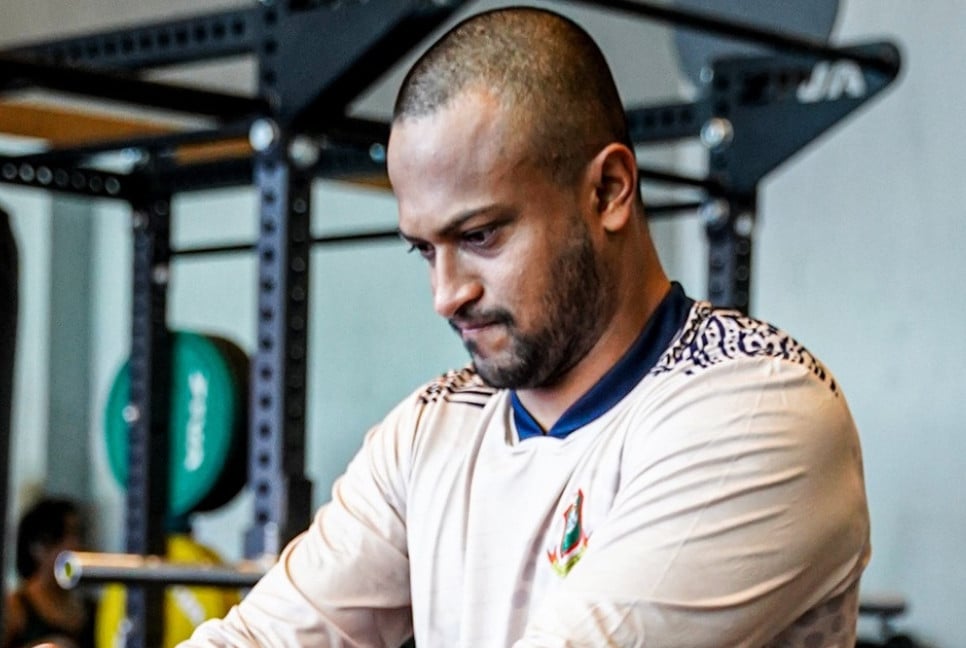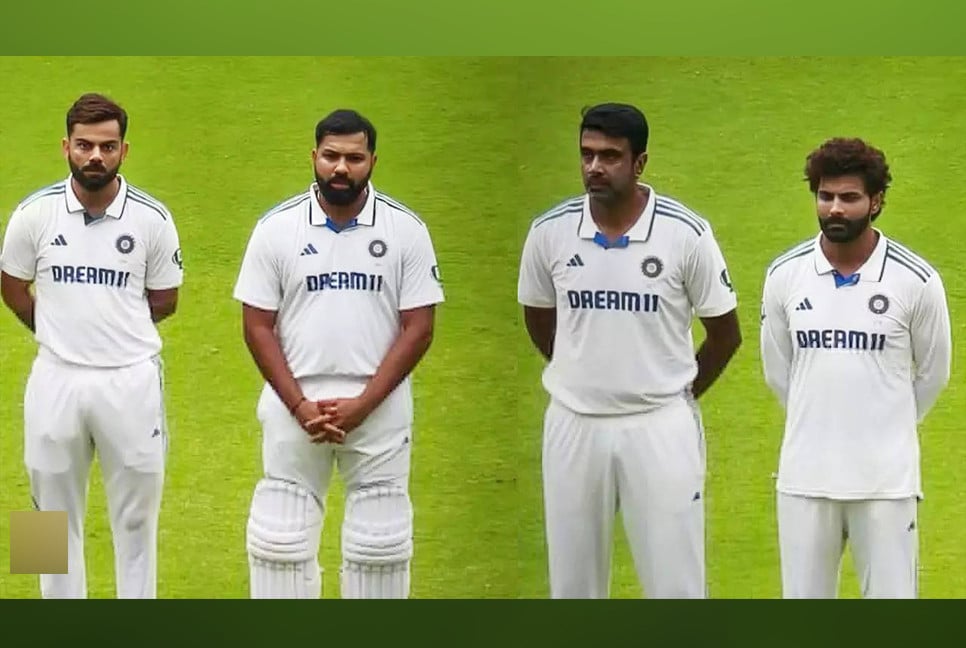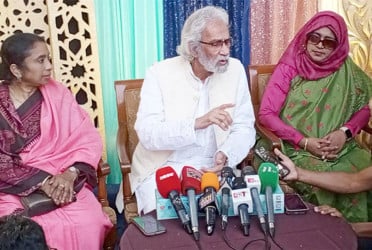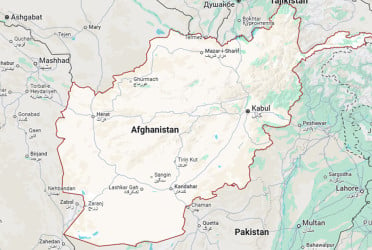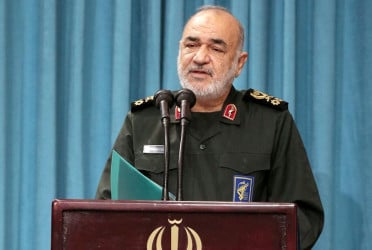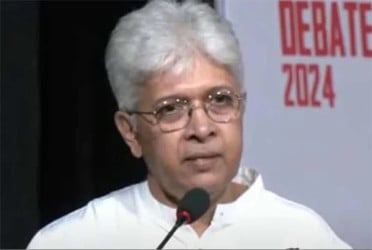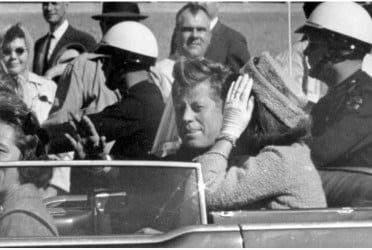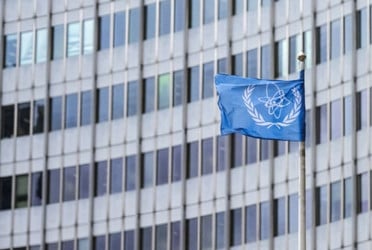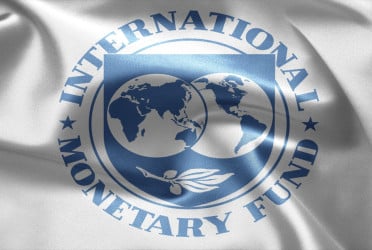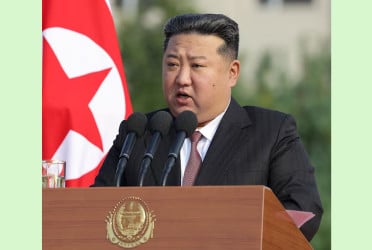Brazil started three days of national mourning on Friday for football legend Pele, the three-time World Cup winner widely regarded as the greatest player of all time, who has died at the age of 82, reports BSS.
The death of "O Rei" (The King) triggered a wave of tributes from around the globe to the man who both transformed football and transcended the sport.
Pele died Thursday at the Albert Einstein hospital in Sao Paulo after a long battle with cancer.
The football world -- from current stars to his former teammates -- honored the man who more than any other made football into the "Beautiful Game", scoring a world record 1,281 goals in 1,363 matches during a career spanning more than two decades.
Brazil star Neymar said Pele "transformed football into an art." France's Kylian Mbappe said his legacy "will never be forgotten," and Portugal's Cristiano Ronaldo called him an "inspiration to millions."
Argentina's World Cup-winning captain Lionel Messi simply wrote: "Rest in peace."
Mario Zagallo, who won the World Cup alongside Pele in 1958 and 1962, said the King had "stopped the world several times" with his talent.
"He leaves an eternal, unforgettable legacy," the 91-year-old Zagallo said.
Brazilian President Jair Bolsonaro, who declared three days of national mourning, said Pele had made football an "art and joy", while president-elect Luiz Inacio Lula da Silva, who is due to take office Sunday, tweeted: "There had never been a number 10 like him."
Pele is the only footballer in history to have won three World Cups -- in 1958, 1962 and 1970.
A wake will take place on Monday, followed by a funeral on Tuesday in Santos, the southeastern city where he played most of his career.
The city declared seven days of mourning as fans flocked to the team's stadium to leave flowers.
In Rio de Janeiro, the Christ the Redeemer statue which overlooks the city was illuminated in homage to Pele, as was the legendary Maracana stadium.
He had been in increasingly fragile health, battling kidney problems and colon cancer -- undergoing surgery for the latter in September 2021, followed by chemotherapy.
In front of the hospital where he died, fans held up a banner which read: "Eternal King Pele."
In a testament to Pele's influence, international figures including US President Joe Biden and former leader Barack Obama, Brazilian music legends Caetano Veloso and Gilberto Gil, International Olympic Committee chief Thomas Bach and FIFA President Gianni Infantino also paid tribute.
"As one of the most recognizable athletes in the world, he understood the power of sports to bring people together," Obama wrote.
Born on October 23, 1940, in the southeastern city of Tres Coracoes, Edson Arantes do Nascimento grew up selling peanuts on the street to help his impoverished family.
He was given the nickname Pele, for his mispronunciation of Bile, the name of a goalkeeper at Vasco de Sao Lourenco, where his footballer father once played.
Pele dazzled from the age of 15, when he started playing professionally with Santos. He led the club to a flurry of titles, including back-to-back Intercontinental Cups in 1962-1963.
He epitomized the Brazil national team's sublime style of play, called "samba football."
Pele set his scoring records playing for Santos (1956-74), the Brazilian national team, and the New York Cosmos (1975-77).
But beyond the many benchmarks he set, he will be remembered for revolutionizing the sport, his number 10 on the back of Brazil's yellow shirt one of football's most potent images.
The first global football star, he played a key role in making the game a sporting and commercial powerhouse -- and made millions himself.
He also played with heart, visible in the black-and-white footage of the 17-year-old bursting into tears after helping Brazil to its first World Cup title, in 1958.
Bd-pratidin English/Tanvir Raihan




